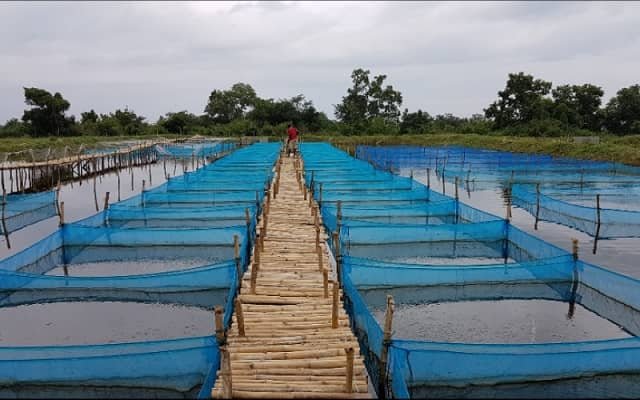New Zealand.- New Zealand’s export earnings from seafood are on the rise, with aquaculture leading the way, says Fisheries Minister Stuart Nash.
The Ministry for Primary Industries’ Situation and Outlook report for June 2018 predicts New Zealand’s seafood export earnings will grow from $1.8 billion to $2.1 billion by June 2022.
“Aquaculture is set to be the main driver for the forecast growth, thanks largely to increased mussel harvests, and higher prices as demand continues to grow in key markets,” says Mr Nash.
“We expect hatchery-bred spat to be a boon for mussel production. We are already seeing better mussels as a result of hatchery spat produced through the SPATnz Primary Growth Partnership programme.
“We are also seeing salmon production increasing with three new farms operating in the Marlborough Sounds.
“Aquaculture export earnings are forecast to reach $430 million this year and reach nearly $600 million in 2022. Export earnings for New Zealand’s wild capture fish products are expected to reach $1.4 billion this year and climb to $1.5 billion in 2022.
“We expect to see higher prices as a result of more people wanting to eat fish and reduced global supply due to China’s plans to reduce its catch,” says Mr Nash.
“It is clear the environmental credibility of our seafood products will be a vital factor in our export success. The Marine Stewardship Council has certified many of our fisheries as sustainable. Further certification of this kind will support export prices.
Stay Always Informed
Join our communities to instantly receive the most important news, reports, and analysis from the aquaculture industry.
“Innovative approaches to harvesting will also play their role. This Government’s recent regulation changes have allowed the use of innovative trawl technology to allow more precise fishing and to produce high quality products such as those under the new Tiaki brand.”
Source: New Zealand Government
Editor at the digital magazine AquaHoy. He holds a degree in Aquaculture Biology from the National University of Santa (UNS) and a Master’s degree in Science and Innovation Management from the Polytechnic University of Valencia, with postgraduate diplomas in Business Innovation and Innovation Management. He possesses extensive experience in the aquaculture and fisheries sector, having led the Fisheries Innovation Unit of the National Program for Innovation in Fisheries and Aquaculture (PNIPA). He has served as a senior consultant in technology watch, an innovation project formulator and advisor, and a lecturer at UNS. He is a member of the Peruvian College of Biologists and was recognized by the World Aquaculture Society (WAS) in 2016 for his contribution to aquaculture.







